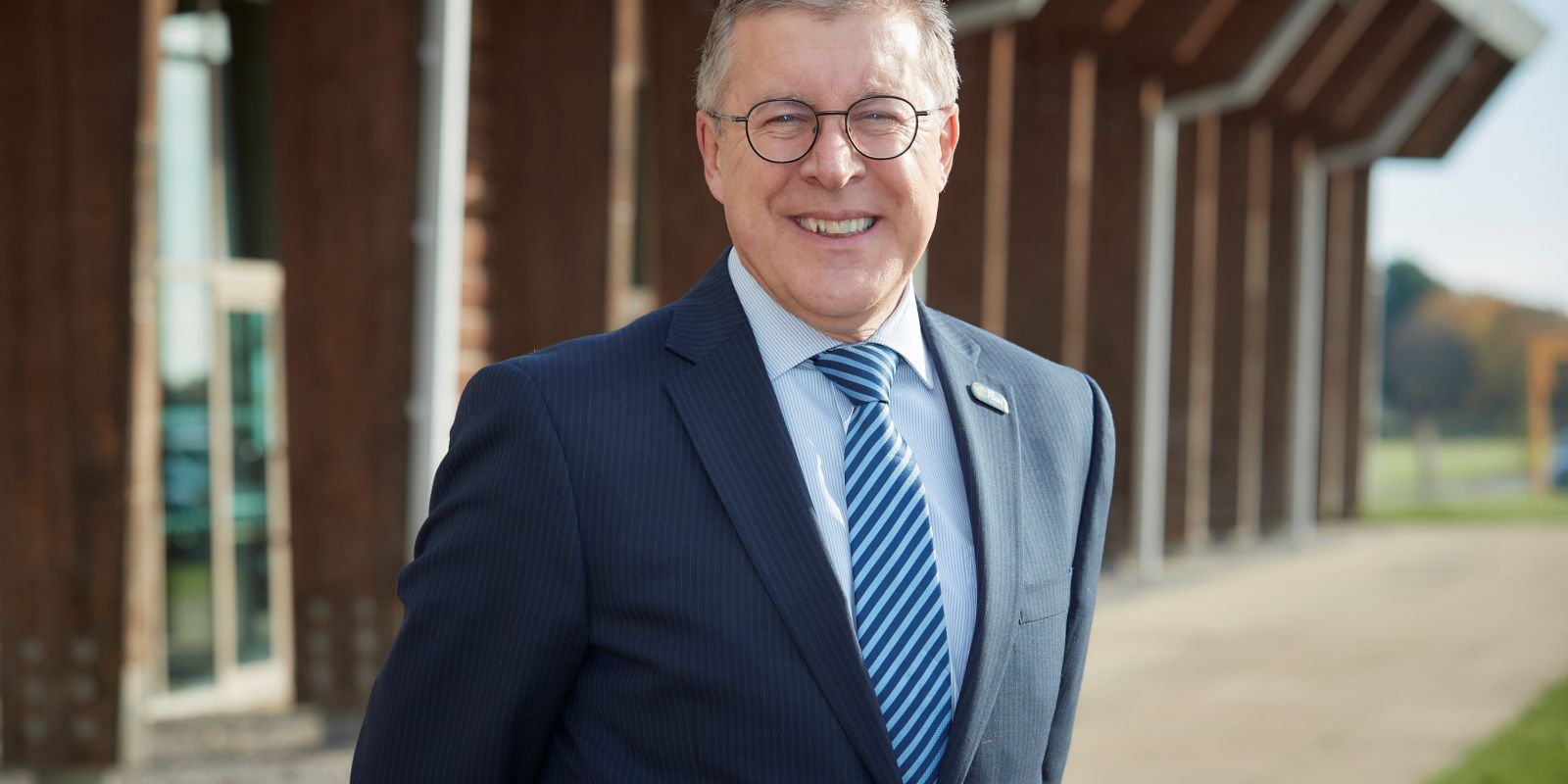Our Chair Pat Doody looks back on another challenging year and looks forward to the impact our game changers will have in 2022...
The UK is heading for the fastest growth of any of the G7 this year with an end-of-year figure just under 7%. That masks some very significant differentials in sectors, with online businesses beneficiaries of the pandemic but the high street a victim. Central forecasts are hovering around 5% for next year, but continuation of that growth depends very much on supply shortages in both labour and materials being resolved; Brexit negotiations still need to be resolved, and of course further Covid outbreaks may cause more disruption.
Business has remained largely resilient to a continually shifting landscape, with Covid accelerating some cyclical changes and working patterns shifting significantly. Our hospitality sector has of course had to cope with more than most, and many businesses are currently reporting a significant drop-off in trade following the reaction to the Omicron variant which has put a halt to their recovery.
The medium term offers great hope to the Greater Lincolnshire area. The most transparent measure of that is the much heightened level of inward investment enquiries our teams are fielding across our four ‘game changers’. That is the name we have given to our most dynamic sectors – those that have the potential to deliver real, sustained economic growth with higher level skilled jobs. Thus we have recognised, and developed growth plans for, our food, freeport, defence and energy clusters.
We recently hosted our annual LEP conference where it was great to return to face to face contact. A major element was the launch of our UK Food Valley, and national names voiced the benefits our existing food companies are adding to the local economy and the massive potential they offer via innovation and decarbonising their processes. The University of Lincoln’s National Centre for Food Manufacturing at Holbeach truly leads the world in the work it is doing, and the investor interest in the sector shows that the confidence we have is shared by overseas companies that want to be part of a cluster which extends to our important seafood businesses on the south bank of the Humber.
Another game changer is the Humber Freeport which, having gained Government backing after a competitive bidding process, is now a reality and will go live in Q1 of 2022. The Humber ports complex accounts for 23% of UK trade shipped and the potential is already being seen: recent announcements include SEah Wind, the South Korean wind turbine firm, announcing plans for a £260m investment and the creation of 750 jobs. The scale of ambition for the freeport is massive for the whole area, and the jobs and supply chain opportunities are far reaching. We must also not lose sight of the fact that we lie, uniquely, between two freeports as the East Midlands freeport is also scheduled for commencement next year.
Energy lies at the heart of much of how we as individuals and our businesses function, and we have reached a point where how and what we use needs to change. We are fortunate to be at the heart of that change, as Grimsby is already the world’s leading offshore maintenance centre and home to companies such as Ørsted which are leading wind energy growth. Additionally we have leading innovators in hydrogen and low-carbon fuel (Phillips 66 for example just announced the UK’s first sustainable aviation fuel deal which will power some of the British Airways fleet as early as next year), and we have great collaboration with our colleagues on the north bank of the Humber to ensure this area achieves its full potential.
Defence too continues to grow in Greater Lincolnshire, not just in our strong and expanding air bases in Waddington, Cranwell and Coningsby but also in the emerging cyber defence sector evident at the Lincoln Science and Innovation Park. The park is now developing its second phase which coincides with the formation of the LEP’s Defence Board made up of experts from international as well as local defence companies. As with the other sectors, the new jobs being created here are high value and offer the wider economy the benefits of those employees being based locally.
These developments explain why we are so confident about the future. Many areas would be delighted with one of these game-changing sectors, and we’re fortunate enough to have four. We also are optimistic that our health sector can continue to prosper, and again innovation is a key theme; the recent opening of the Lincoln Medical School is an important addition to the health landscape.
The summer also showed us just what the visitor economy offering can deliver, taking advantage of staycations while the pandemic continues. Our coast, heritage and tourism offer is varied, stimulating and resilient, and hopefully more of us are realising just what’s on our doorstep.
I leave you with good wishes and high hopes for 2022 and thanks to all our businesses who together have shown mutual support and encouragement in very tough circumstances. I trust that next year brings its rewards.
This article was originally published on The Lincolnite: www.thelincolnite.co.uk


